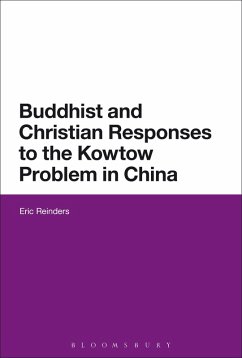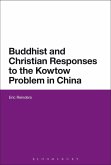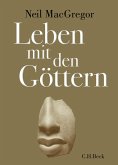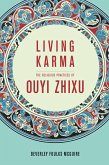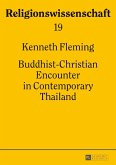The most common Buddhist practice in Asia is bowing, yet Buddhist and Christian Responses to the Kowtow Problem is the first study of Buddhist obeisance in China. In Confucian ritual, everyone is supposed to kowtow, or bow, to the Chinese emperor. But Buddhists claimed exemption from bowing to any layperson, even to their own parents or the emperor. This tension erupted in an imperial debate in 662.
This study first asks how and why Buddhists should bow (to the Buddha, and to monks), and then explores the arguments over their refusing to bow to the emperor. These arguments take us into the core ideas of Buddhism and imperial power: How can one achieve nirvana by bowing? What is a Buddha image? Who is it that bows? Is there any ritual that can exempt a subject of the emperor? What are the limits of the state's power over human bodies? Centuries later, Christians had a new set of problems with bowing in China, to the emperor and to "idols." Buddhist and Christian Responses to the Kowtow problem compares these cases of refusing to bow, discusses modern theories of obeisance, and finally moves to examine some contemporary analogies such as refusing to salute the American flag.
Contributing greatly to the study of the body and power, ritual, religion and material culture, this volume is of interest to scholars and students of religious studies, Buddhism, Chinese history and material culture.
This study first asks how and why Buddhists should bow (to the Buddha, and to monks), and then explores the arguments over their refusing to bow to the emperor. These arguments take us into the core ideas of Buddhism and imperial power: How can one achieve nirvana by bowing? What is a Buddha image? Who is it that bows? Is there any ritual that can exempt a subject of the emperor? What are the limits of the state's power over human bodies? Centuries later, Christians had a new set of problems with bowing in China, to the emperor and to "idols." Buddhist and Christian Responses to the Kowtow problem compares these cases of refusing to bow, discusses modern theories of obeisance, and finally moves to examine some contemporary analogies such as refusing to salute the American flag.
Contributing greatly to the study of the body and power, ritual, religion and material culture, this volume is of interest to scholars and students of religious studies, Buddhism, Chinese history and material culture.

